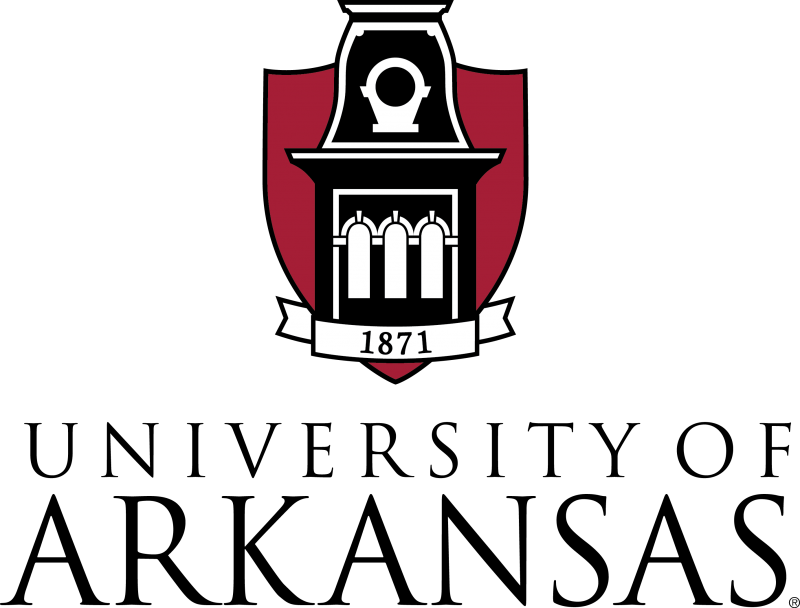Business plan out of UA is Cup star
Northwest Arkansas Democrat Gazette, April 22, 2016
A plan to fight cancer by injecting vaccines directly into cancer cells won the graduate division Tuesday of the Donald W. Reynolds Governor’s Cup college business-plan competition. A group of graduate students at the University of Arkansas at Fayetteville developed the business, VivImmune, in conjunction with a laboratory at the school.
Social media study granted $500,000
Northwest Arkansas Democrat Gazette, March 1, 2016
University of Arkansas researcher has won a $500,000 National Science Foundation grant to study how social media can help authorities responding to an emergency.
Arkansas Students Receive EPA Grant for Sustainable Project
Sustainable City Network, February 28, 2016
The U.S. Environmental Protection Agency has awarded a People, Prosperity and the Planet grant to University of Arkansas students for their proposed project to develop new, sustainable products and strategies.
Nanocoating Startup Nets $746K Grant
Durability and Design, February 26, 2016
The National Science Foundation has awarded an Arkansas-based startup a six-figure grant for its work on a glass coating said to make the material anti-reflective, self-cleaning and highly transparent.
Heat the ‘Crete
Electrical Apparatus Magazine, February 25, 2016
…a graduate engineering student at the University of Arkansas is experimenting with heated pavement systems that could one day be used for runways
Glass Nanocoating Work Wins $746K Grant
Paint Square, February 25, 2016
A Fayetteville, AR, startup has been awarded a $746,000 National Science Foundation grant in recognition of its work on a glass coating said to make the material anti-reflective, self-cleaning and highly transparent.
Fayetteville’s WattGlass Receives $746K to Develop Nano-Coating Technology
Arkansas Business, February 22, 2016
The National Science Foundation has awarded a $746,366 grant to Fayetteville’s WattGlass to further develop a University of Arkansas patent-pending coating technology that makes glass anti-reflective, self-cleaning and highly transparent.
NSF Awards Nearly $750,000 to WattGlass for Coating Technology
(e)Science News, February 22, 2016
The National Science Foundation has awarded a $746,366 grant to WattGlass LLC to further develop the University of Arkansas’ patent-pending coating technology that makes glass anti-reflective, self-cleaning and highly transparent.
Fayetteville Startup Receives $746K from National Science Foundation
Northwest Arkansas Business Journal, February 22, 2016
The University of Arkansas announced on Monday that the National Science Foundation has awarded a $746,366 grant to Fayetteville-based startup WattGlass LLC. The money will help further develop the University of Arkansas’s patent-pending coating technology that makes glass anti-reflective, self-cleaning and highly transparent.
Happy, Healthy Heart Advice
KNWA-TV (video), February 10, 2016
Heart health tips from biomedical engineering faculty members Hanna and Morten Jensen.
Happy Healthy Heart Advice
KNWA-TV (story), February 10, 2016
Heart health tips from biomedical engineering faculty members Hanna and Morten Jensen.
Happy, Healthy Heart Advice
Fox 24 News, February 10, 2016
Heart health tips from biomedical engineering faculty members Hanna and Morten Jensen.
UA research bay to test beams, girders
Arkansas Democrat Gazette, January 29, 2016
A planned research center at the Arkansas Research and Technology Park in Fayetteville will allow for testing of building materials such as large steel beams and concrete girders.
UA electrical engineering program gets $150,000 gift
Northwest Arkansas Democrat Gazette, January 26, 2016
University of Arkansas at Fayetteville electrical engineering students work with industry will be aided by a $150,000 gift
Zimmermans give gift to UA
Siloam Springs Herald Leaders, January 20, 2016
A $250,000 gift will support scholarships for engineering students at the University of Arkansas at Fayetteville.
Concrete cracking is linked to alkali
Northwest Arkansas Democrat Gazette, January 4, 2016
Some concrete projects across Arkansas are cracking because of high-alkali cement that was used from 1997 through 2002, according to researchers at the University of Arkansas at Fayetteville.
